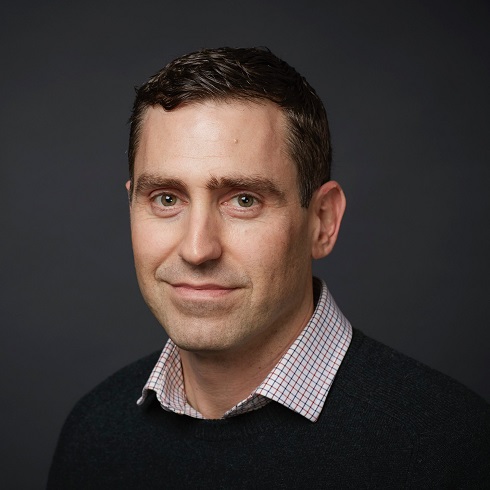– Alex Broom –
Professor of Sociology
Sydney Centre for Healthy Societies The University of Sydney
Alex Broom is Professor of Sociology at the University of Sydney, Australia. He is recognised as an international leader in the sociology of health and illness. His current focus is on developing critical analyses of the social dynamics of cancer and palliative care and the global challenge of antimicrobial resistance across contexts and cultures. Before joining
He has published over 220 publications including 14 books, and his recent books include Dying: A Social Perspective on the End of Life (Routledge, 2015), Bodies and Suffering: Emotions and Relations of Care (Routledge 2017, with Ana Dragojlovic), and, Survivorship: A Sociology of Cancer in Everyday Life (Routledge, forthcoming).
The substantive focus of his recent critical sociological work has been on empirically mapping and theorising cancer, chronicity, and the end of life, and has featured in high-profile journals such as The Sociological Review (2016, 2017), Sociology (2015), Social Science and Medicine (2013, 2017), Subjectivity (2017), Qualitative Health Research (2016, 2017) and Critical Public Health (2017). These publications have largely focused on the phenomenology of illness, healing and survivorship, and the complexity of care (whether curative, supportive or palliative).
Responding to the Western-centricity of much previous sociological work on cancer, he also initiated a program of research on cancer in South Asia in 2005, and has since led studies on experiences of cancer care in India (e.g. Social Science & Medicine, 2009; Health, 2012, Qualitative Health Research, 2013, 2016; Critical Public Health, 2018), Sri Lanka (e.g. Public Health, 2010), and Pakistan (e.g. Qualitative Health Research, 2007), revealing the complex interplay of illness and cultural norms, structural violence, and traditional healing practices.
He also leads leads a program of research on the social dynamics of antimicrobial resistance, exploring such things as the role of habit and norms (Social Science and Medicine, 2014), inter-professional relations (Social Science and Medicine, 2015), institutionalised praxis (Qualitative Health Research, 2016), defensive medicine (Qualitative Health Research, 2017), and core-periphery relations (e.g. Health and Place, 2017) as shaping the capacity of health services to respond to this emerging global health crisis. For example, his recent work on the mediation of antibiotic use across the professions utilised sociologist Pierre Bourdieu’s ideas of habitus (Social Science and Medicine, 2014), Anselm’s Strauss’s negotiated order (Social Science and Medicine, 2015), Stovel’s work on brokerage (Qualitative Health Research, 2016), and Marx’s work on commodity fetishism (Qualitative Health Research, 2017), to advance a critical sociology of infection management in practice and address the social dimensions of antimicrobial mis-use and antimicrobial resistance.
Across all his projects Alex works regularly with a wide range of industry partners (e.g. hospitals, community organisations, professional organisations related to health and medicine) with a focus on improving people’s experiences of illness and the delivery of healthcare. His program of research melds the conceptual richness of sociology with the value of applied, translational health research. He specialises in qualitative research, but employs a wide range of research methods to gain a better understanding of complex and emerging social problems.
He an investigator on over AU$8 million in competitive research grants, and currently holds Honorary/Visiting Professorial positions at King’s College London (Department of Global Health and Social Medicine), The University of Vienna (Department of Political Science) and The University of Queensland (UQ Social Science & UQ Medicine).
He is also a PLuS Alliance Fellow – a partnership between King’s College London, Arizona State University and UNSW – working across the areas of Global Health and Social Justice.
Further information on Alex please see his institutional profile here.
 Share
Share






Commentary
The latest commentary on the use of antimicrobials in society.
Care-ful collaboration: reimagining ethnography in transnational global health...
In this AMIS Commentary, Alice Tompson presents reflections on the collaborative working of the Antimicrobials in Society research teams, based...
AMR Training for Social Scientists
In this Q&A, Karlijn Hofstraat and Danny de Vries tell us about their “SPECIAL-SOC AMR” curriculum, a fantastic learning resource...
AMIS Final Report
We are delighted to release our AMIS Final Report. The report summarises the key activities, findings and outputs from the...